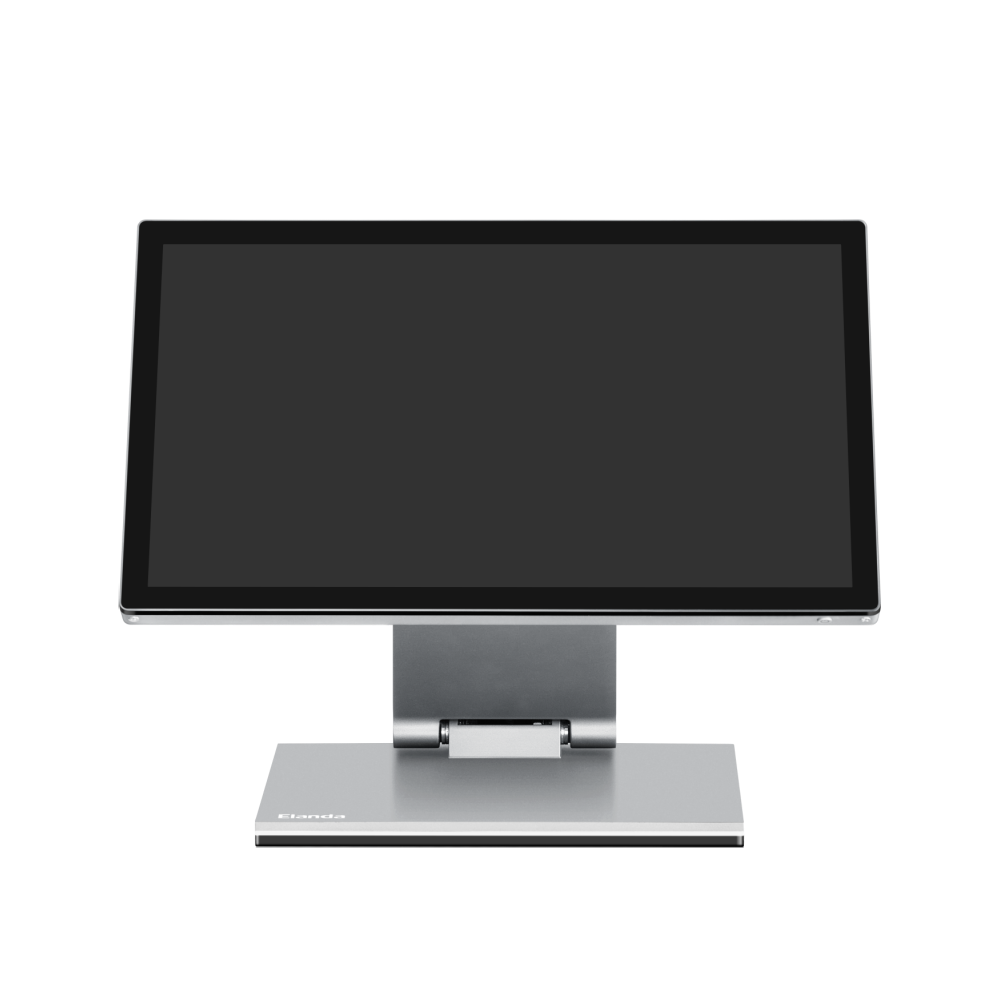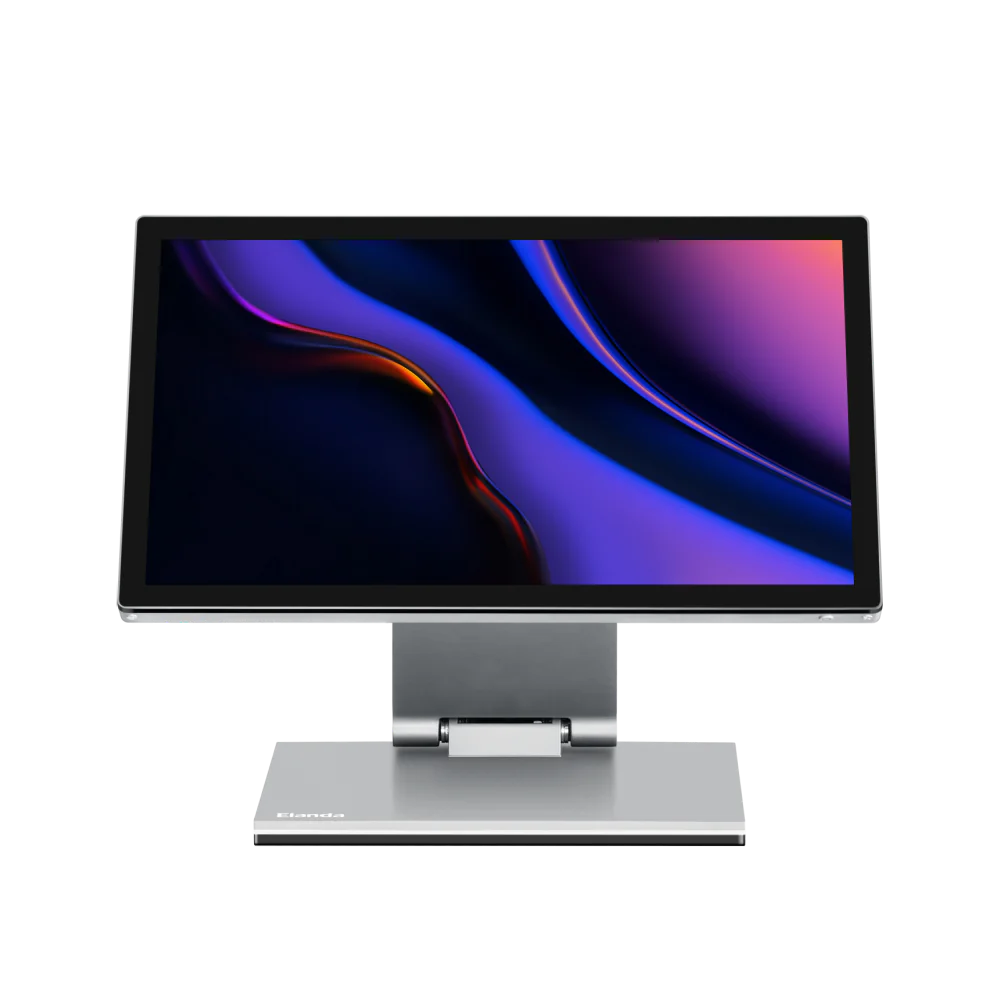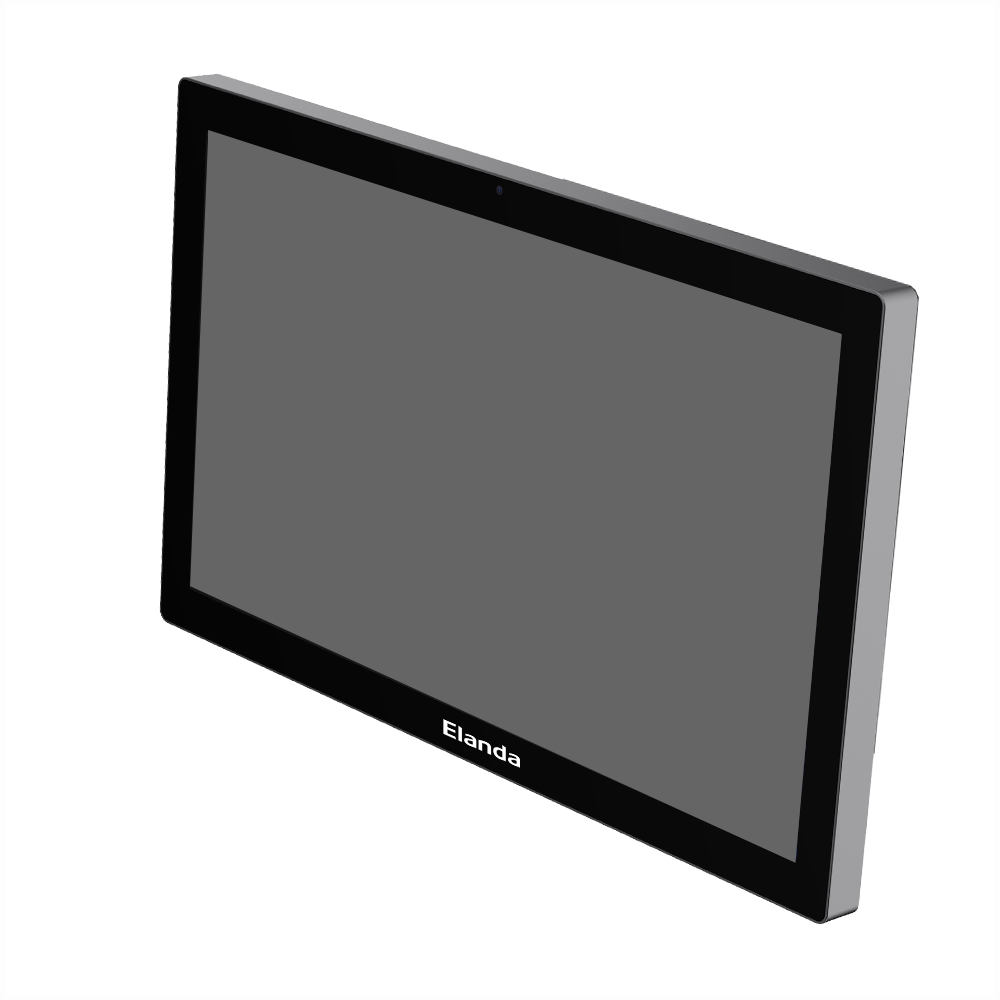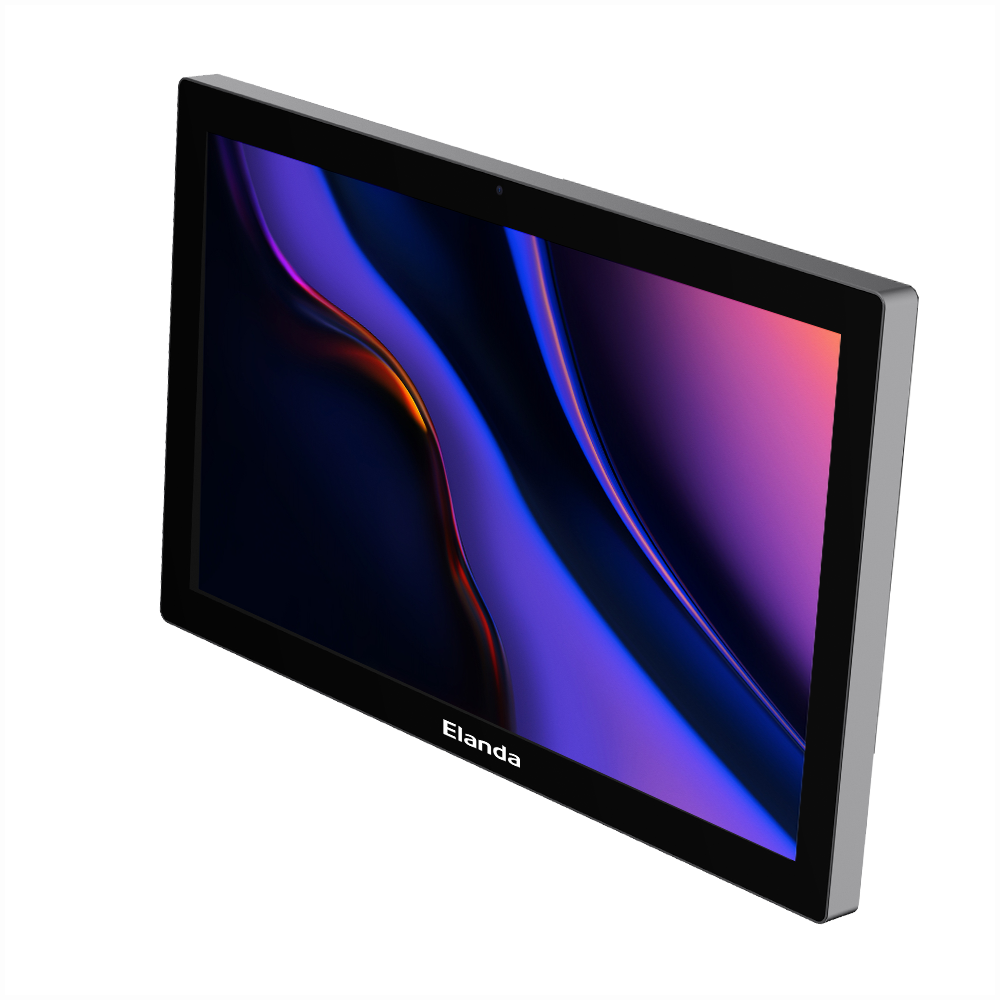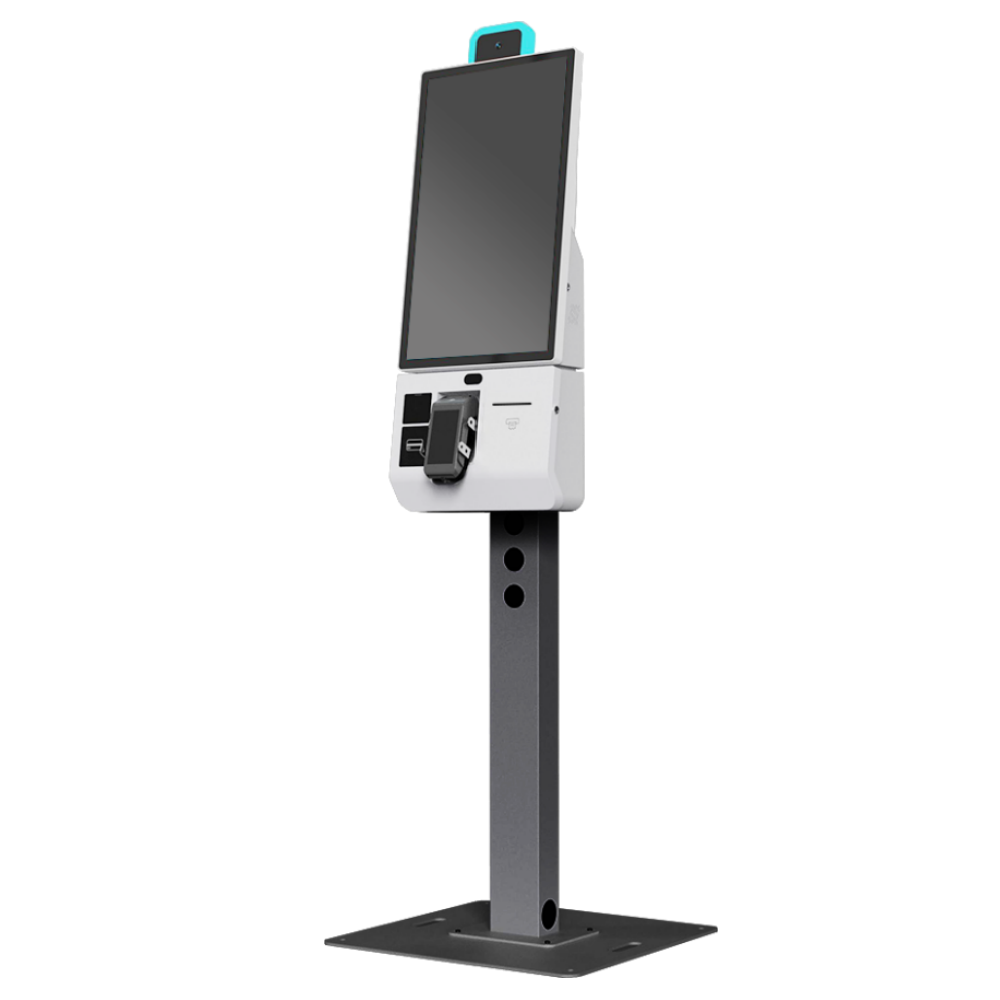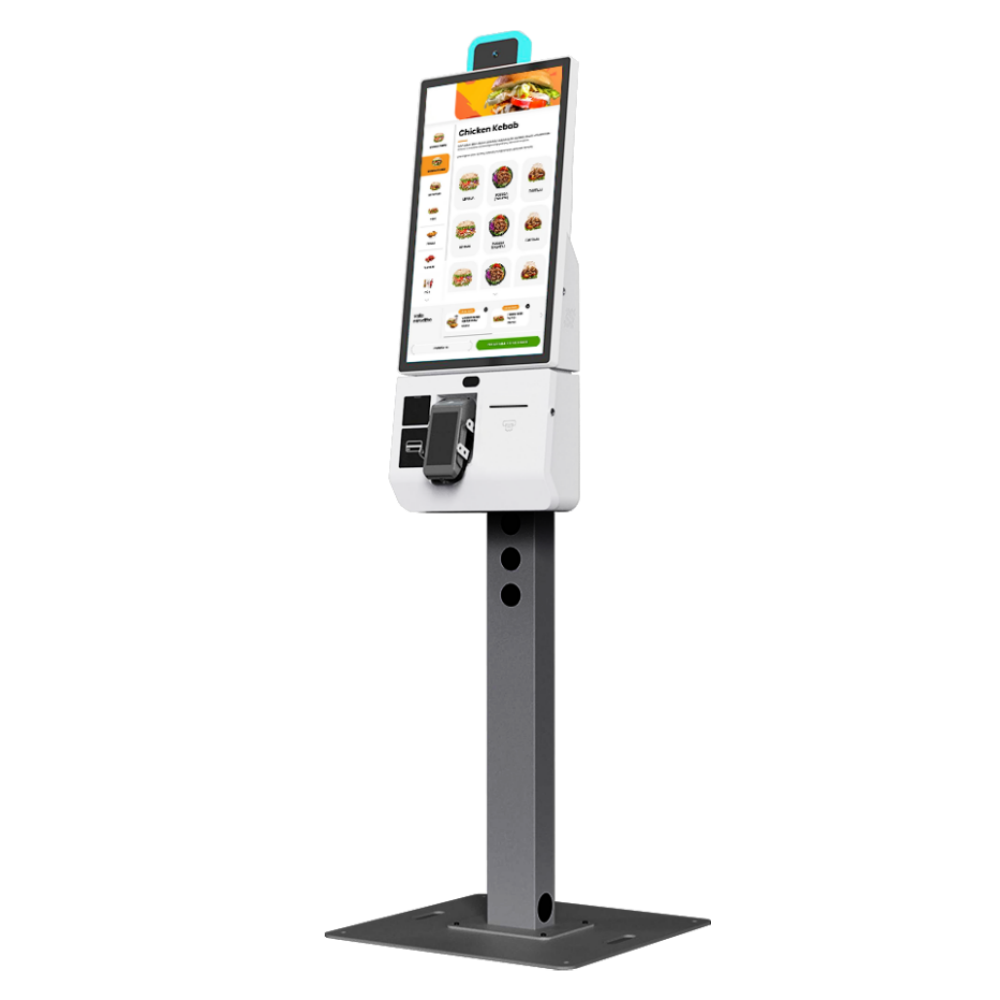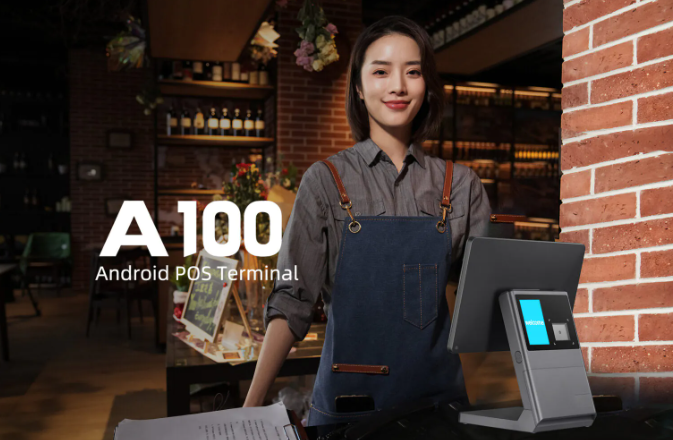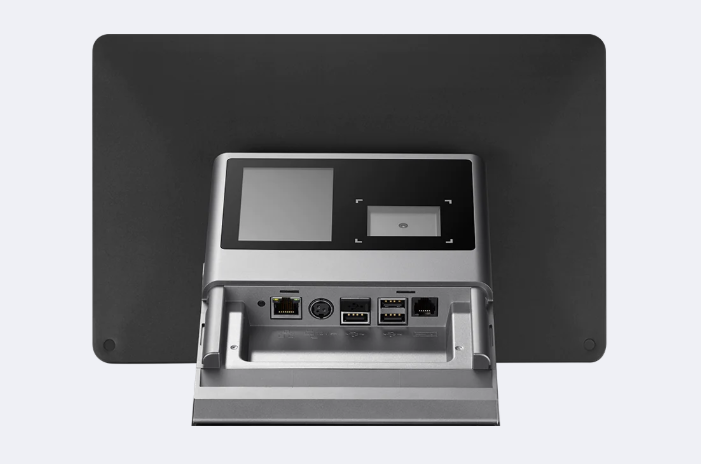The difference between a POS system and a POS terminal lies mainly in scope, functionality, and business impact. A POS system refers to the complete set of software and hardware that enables businesses to process transactions, track sales, manage inventory, and analyze customer data. A POS terminal, on the other hand, is the physical device—often a touchscreen, tablet, or register—that acts as the entry point for sales.
While the terminal is part of the system, the system itself is far broader and delivers greater value to modern businesses. According to Grand View Research, the global POS software market was valued at $9.3 billion in 2022 and is projected to grow at a 9.5% CAGR from 2023 to 2030, highlighting how full systems are rapidly outpacing basic hardware.
What Is a POS Terminal?
A POS terminal is the physical device that allows cashiers or employees to record sales and accept payments. Think of it as the “hardware piece” of the puzzle.
POS Terminal as Hardware Explained
- Usually includes a touchscreen or monitor.
- May come with a card reader, receipt printer, or barcode scanner.
- Functions as the interface between the customer and the POS system.
Common Functions of a POS Terminal
- Accept payments (card, NFC, or cash).
- Print receipts.
- Scan product barcodes.
- Connect with POS software for transaction recording.
Limitations Compared to a POS System
While terminals are essential, they are limited without system-level software. They cannot generate detailed reports, manage inventory automatically, or offer customer insights on their own.

What Is a POS System?
A POS (Point of Sale) system is the combination of software and hardware that facilitates the sales process and integrates with other business tools. Unlike standalone machines, POS systems go beyond processing payments—they help companies gain a holistic view of operations.
Key Features of a POS System
- Payment Processing: Accepts multiple payment methods, including credit cards, digital wallets, and contactless payments.
- Inventory Management: Tracks stock levels in real time, automatically updates counts after sales, and alerts when supplies run low.
- Sales Reporting and Analytics: Generates detailed reports on best-selling items, profit margins, and customer behavior.
- Customer Relationship Management (CRM): Stores customer data to enable loyalty programs, targeted promotions, and personalized offers.
Components Included in a POS System
A POS system usually includes:
- Hardware: POS terminals, barcode scanners, receipt printers, and cash drawers.
- Software: Cloud-based or on-premises applications that manage sales and inventory.
- Integration Tools: Links to accounting software, eCommerce platforms, and payment gateways.
Benefits of Using a Full POS System
A complete POS system helps businesses operate efficiently, cut down manual work, and improve customer experience. A survey by Software Advice found that 57% of small businesses that adopted POS systems saw better inventory accuracy within the first year.
POS System vs POS Terminal: The Core Differences
Functionality Comparison
- POS System: Comprehensive, integrates payment processing, inventory management, analytics, and CRM.
- POS Terminal: Primarily hardware for executing payment transactions.
Cost and Setup Differences
- POS terminals are relatively inexpensive and can cost as little as $200–$500 per unit.
- POS systems, which include both software and hardware, may range from $1,000 to $5,000 upfront, with additional monthly fees depending on features.
Which One Do Small Businesses Actually Need?
Small businesses often start with a terminal but quickly find value in upgrading to a full POS system. Elanda, for example, provides solutions that bundle intuitive software with modern hardware, making it easier for retailers and restaurants to manage growth without overspending.

Related Comparisons Worth Considering
POS System vs Cash Register
Cash registers only handle basic sales, while POS systems track data, manage inventory, and provide insights.
Mobile POS System vs Traditional POS Terminal
Mobile POS solutions use tablets or smartphones with card readers. According to Statista, mPOS transaction value is expected to reach $4.5 trillion globally by 2027, showing a strong shift away from traditional terminals.
Cloud-Based POS vs On-Premises POS Terminal
Cloud-based systems allow remote access, automatic updates, and subscription pricing, whereas on-premises setups require upfront investment and in-house maintenance.
Choosing Between a POS System and a POS Terminal
How to Decide Based on Business Size
- Micro and small businesses may start with one or two POS terminals.
- Growing businesses benefit from full systems with inventory and reporting features.
Factors to Consider: Budget, Scalability, and Support
- Budget: Consider upfront hardware costs versus ongoing software fees.
- Scalability: A POS system grows with your business; a terminal does not.
- Support: Cloud systems often come with 24/7 support, which can be critical.
Best POS Solutions for Small Businesses in 2025
According to Capterra reviews, the most recommended systems for small businesses are those offering all-in-one packages. Elanda provides flexible solutions that combine hardware terminals with robust cloud software, ensuring smooth operations for retail, hospitality, and service industries.
Frequently Asked Questions
Is a POS terminal the same as a cash register?
No. A POS terminal is more advanced, often integrated with software, while cash registers are limited to payment and receipt printing.
Do I need a POS system if I already have a POS terminal?
Yes, if your business requires inventory tracking, reporting, or customer loyalty management.
Can a mobile POS replace a traditional POS terminal?
In many cases, yes. Mobile POS is increasingly popular in restaurants, pop-up shops, and events where portability matters.
Conclusion
In short, a POS terminal is the hardware device, while a POS system is the entire ecosystem that connects payment processing with analytics, inventory, and customer data. For small retailers, restaurants, and growing businesses, the decision often comes down to scalability. If you want efficiency, insights, and long-term growth, a full POS system is the better choice. Elanda offers tailored POS solutions that merge modern terminals with advanced cloud software—helping businesses streamline operations and stay competitive in 2025 and beyond.


